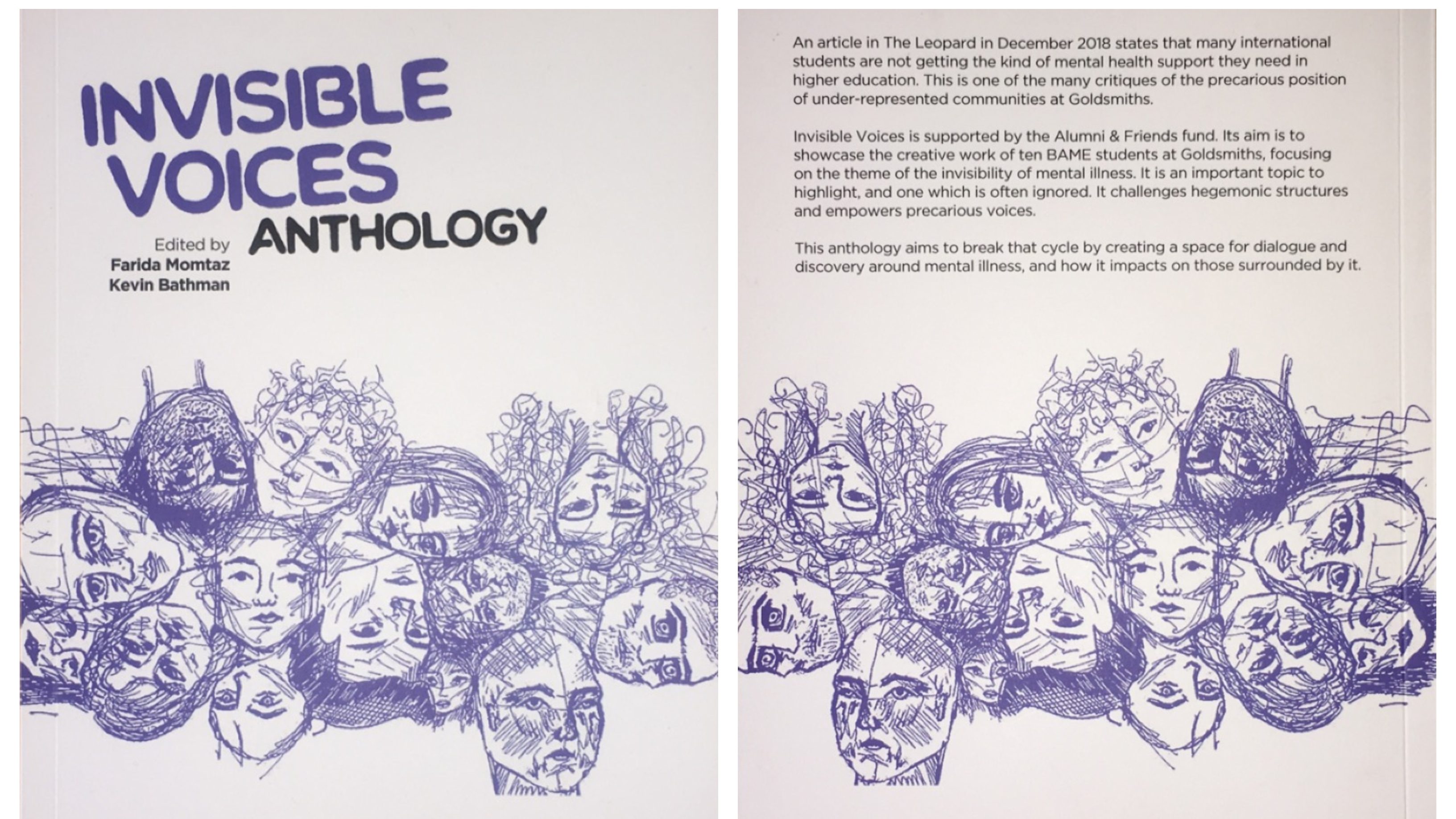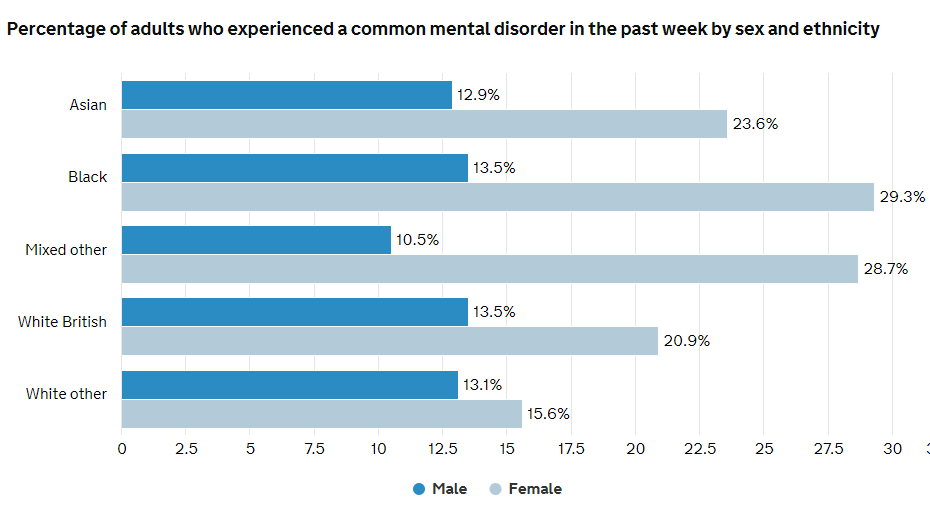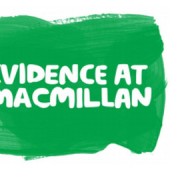
Invisible Voices Anthology
Pic: Sarah Benhamou
Identity, trauma and representation dominated discussion at the performance event Invisible Voices held at Goldsmiths this week. The event doubled as a launch for an anthology of the same name, in which contributors expressed their thoughts about black and ethnic minority mental health through poetry and prose.
The anthology also features illustration contributions from Vivian Tong, a freelance illustrator from San Francisco, California, and Krupa Raghunathan,an Indian activist and filmmaker.
The project was coordinated by two Goldsmiths MA Cultural Studies students, British Bangladeshi poet and writer Farida Momtaz and designer and curator Kevin Bathman.
The anthology was released as a step to combat the stigma surrounding mental illness, particularly for BAME individuals.
Funding and support for the project was made possible through the Goldsmiths Alumni and friends fund, which has supported 340 projects to date and has donated £390,000 to support the work of staff and students at Goldsmiths.
Event coordinator Momtaz began the evening by expressing how important writing has been in treating mental illness.
Momtaz told Eastlondonlines: “Creativity is a form of empowerment. One thing that transpired is identity has a big impact on mental health. It shapes how we react in life.”
The evening consisted of two live performances from writer Tobi Yasin, and performance poet Muna Hassan followed by a question and answer session and panel discussion. Speakers included Mizan, a spoken word poet raising awareness about social and political problems, Pritty Rana, a psychologist who has worked as a mental health service manager for the Haringey Wellbeing Network, and Momtaz herself.
Had an excellent time at @FaridaMomtaz 's Invisible Voices Anthology talking about creativity & mental health at @GoldsmithsUoL
Photo: @sajmeister#mentalhealth #MentalHealthAwarenessWeek #MentalHealthAwareness pic.twitter.com/BsA7MikWsC
— Mizan ThePoet (@MizanThePoet) June 17, 2019
Rana said: “We need to include more leaders and give them awareness and hopefully that will trickle down to communities. Digital well-being also needs to be considered. We need to make services more widespread technologically. BAME individuals need to talk about mental health without feeling ashamed or disgraced. We need to challenge those attitudes to make a progressive change.”
According to the Mental Health Foundation, people from BAME backgrounds living in the United Kingdom are more likely to be diagnosed with mental illness, experience a poor outcome from treatment, and are more likely to not engage with mainstream mental health services.
The Mental Health Foundation told Eastlondonlines: “These differences may be explained by a number of factors, including poverty and racism. They may also be because mainstream mental health services often fail to understand or provide services that are acceptable and accessible to non-white British communities and meet their particular cultural and other needs.”

Pic: United Kingdom Government Official
According to data from the Government carried out in 2014, Asian, Black and Mixed Other women experienced more common mental disorders than White British and White Other women. This is just one example of the disparity between BAME and white individuals concerning mental health.
To access the anthology online, visit this link – https://issuu.com/carnivalofthebold/docs/invisible_voices_anthology_booklet_.




